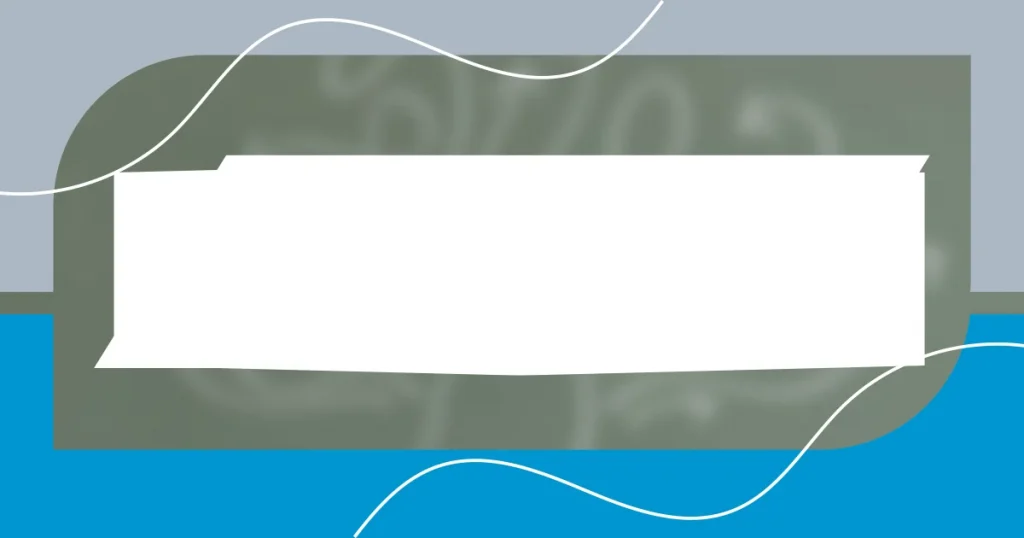Key takeaways:
- Self-help books offer emotional guidance and fresh perspectives, fostering personal growth and self-reflection through relatable narratives.
- The evolution of self-help literature reflects societal needs, transitioning from practical wisdom to actionable advice, heavily influenced by psychology and the digital age.
- Long-term impacts of self-help literature often manifest subtly, enhancing self-awareness, relationships, and introspective practices that enrich personal development over time.
Understanding self-help books influence
When I first picked up a self-help book, I was skeptical. Could a few words on a page truly change my perspective? But, as I immersed myself in these texts, I discovered that they can provide not just valuable insights but also a kind of emotional guidance that’s often missing in our daily lives.
Self-help books influence us by offering fresh frameworks to view our challenges, sometimes making us feel as though we are not alone in our struggles. I remember reading one particular book during a tough time, and the author’s personal story resonated with me deeply. It was as if they were reaching through the pages, offering a comforting hand and saying, “It’s okay; we all face obstacles.”
These books often push us to reflect on our choices and aspirations, prompting questions that linger long after we’ve finished reading. Have you ever felt that spark of inspiration while reading? That little tug in your gut urging you to take action? For me, it was the realization that change is not just possible, but often necessary for personal growth.
Historical perspective on self-help books
The evolution of self-help books dates back centuries, with early instances like Benjamin Franklin’s “Poor Richard’s Almanack” providing practical wisdom. I find it fascinating how these texts have morphed over time, transitioning from philosophical discussions in antiquity to more structured guides in modern times. This shift reflects society’s growing demand for solutions tailored to individual challenges.
As we journey through the history of self-help literature, it’s interesting to note how the genre picked up momentum during the 20th century, especially with the rise of figures like Dale Carnegie. I remember reading Carnegie’s book on communication skills during a pivotal moment in my life. It encouraged me to engage with others more openly, offering solutions that seemed simple yet profound at the time. The rise of psychology also influenced the genre, motivating authors to delve deeper into our emotional landscapes.
Today, self-help books encompass a wide range of topics, from productivity to mental health. I can’t help but wonder how these contemporary works continue to be shaped by our digital age, influencing not just readers but also how we engage with content. As I reflect on this historical journey, it’s clear that self-help literature has always served as a mirror, reflecting our innermost desires for understanding and improvement.
| Period | Key Features |
|---|---|
| 18th Century | Pioneering works like Franklin’s almanacks; practical wisdom |
| 20th Century | The rise of motivational books; focus on behavioral psychology |
| 21st Century | Diverse topics; influence of digital media |
Psychological effects of reading self-help
Reading self-help books can have profound psychological effects, often acting as a catalyst for personal transformation. I remember the rush of clarity I felt after finishing a particular book focused on emotional intelligence. It was like a light bulb flicked on, revealing insights about my own behavior and interactions with others. This spontaneous self-reflection can ignite the desire to make changes in our lives, helping us cultivate better relationships and improved self-awareness.
- Increased self-awareness: Engaging with self-help literature encourages us to examine our thoughts and behaviors more critically.
- Empowerment: These books often instill a sense of agency, reminding readers that they can take control of their circumstances and choices.
- Emotional catharsis: The process of reading can elicit strong emotions, allowing for a safe space to explore feelings that may otherwise go unaddressed.
- Connection to others: Many self-help narratives highlight shared experiences, helping readers feel understood and less isolated in their struggles.
Moreover, I’ve found that these books not only challenge our thinking but can also lead to tangible changes in behavior. For instance, after diving into a book on resilience, I felt motivated to apply its concepts to daily challenges. The psychological impact of seeing progress—even in small ways—can be incredibly uplifting, fostering a growth mindset. Each time I implemented a technique from these pages, I felt a swell of confidence, realizing that progress is often incremental. This iterative journey of self-improvement can be remarkably empowering, reinforcing the idea that transformation is within reach.
Evaluating self-help book effectiveness
Evaluating the effectiveness of self-help books can often feel subjective, influenced by personal experiences and individual needs. I recall picking up a book on mindfulness during a chaotic period in my life. It was intriguing how the techniques presented didn’t necessarily work for everyone, yet they resonated deeply with me, providing a much-needed anchor. This disparity makes it essential to assess not just the content of these books, but also how they align with a reader’s unique circumstances and mindset.
One thing I’ve noticed is the importance of actionability in the advice offered. When I read a book offering tangible steps, like setting daily intentions or journaling my thoughts, I found I was more likely to integrate those practices into my routine. Conversely, when concepts were too abstract, it felt like a missed opportunity. This leads me to wonder: does the effectiveness of a self-help book hinge more on its practical application rather than its popularity or celebrity endorsement?
Additionally, measuring effectiveness goes beyond immediate gratification; it often unfolds over time. For instance, after exploring a book on goal-setting, I saw my aspirations take clearer shape, paving the path for long-term growth. The real question might be: how do we quantify the changes we experience in our lives due to the insights gained? It’s this reflection on growth and evolution that makes evaluating the impact of self-help literature both challenging and rewarding.
Personal experiences with self-help books
Diving into self-help books has been a bit of a rollercoaster for me. I remember grappling with a book that explored the concepts of gratitude and positivity during a particularly tough time. It was perplexing how challenging it felt to shift my mindset, despite the simple exercises it offered. Yet, as I persisted, I began to notice small shifts in my perspective. It made me wonder: can a change in attitude really ripple outwards to transform not just our thoughts, but our entire way of experiencing life?
One instance that stands out to me is when I read a book on productivity. Initially, I was skeptical about its advice on time-blocking, thinking it seemed too rigid for my creative flow. However, after putting it to the test, I discovered that having structure actually freed up my mind to think more freely. Isn’t it interesting how sometimes we resist what could potentially be a useful tool? That moment of realization not only shifted my work habits but deepened my understanding of how structured frameworks can coexist with personal creativity.
Another memorable experience was with a self-help book focusing on self-compassion. I approached it feeling skeptical, wondering if being kinder to myself would really make a difference. But each chapter resonated with my inner critic, pushing me to confront the harsh words I often used against myself. In those moments, I felt a wave of vulnerability, but also a profound sense of relief. How often do we allow ourselves to be human, imperfections and all? This exploration not only enriched my learning but also reinforced a comforting truth: we all deserve the grace we often extend to others.
Long-term impact of self-help literature
The long-term impact of self-help literature can be surprising. I remember after reading a book about emotional intelligence, I initially thought I was just gaining information. But over time, those insights led to improved relationships and a deeper understanding of my emotional reactions. Isn’t it fascinating how a book can incite such meaningful interpersonal change that unfolds gradually?
One important realization I’ve made is that the lasting effects of these books often emerge in subtle but pivotal ways. For example, after a deep dive into a book on resilience, I encountered challenges differently in my life—what once felt overwhelming became an opportunity for growth. It made me ponder: does true transformation lie in the gradual shift of our mindset rather than in quick fixes?
Moreover, I often think about how self-help literature can serve as a catalyst for introspection. While I was reflecting on a book that encouraged self-reflection, I found myself journaling about my past experiences and aspirations. That simple practice, sparked by the book, turned into a lifelong habit. How often do we overlook the lasting impact of daily practices initiated by a single text? These long-term relationships we form with self-help books can lead to a deeper understanding of ourselves and our life paths.













